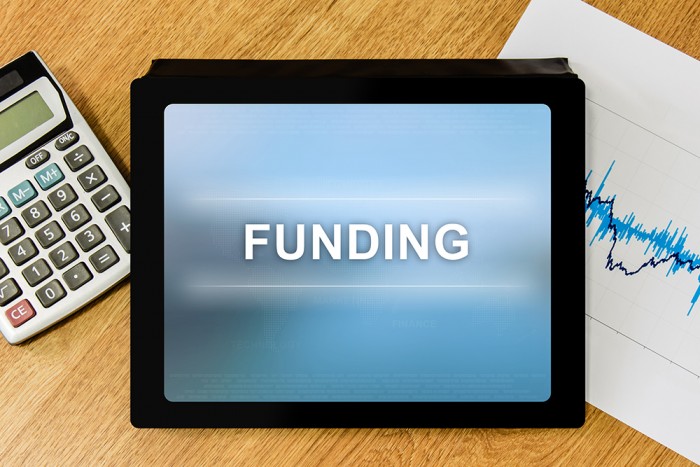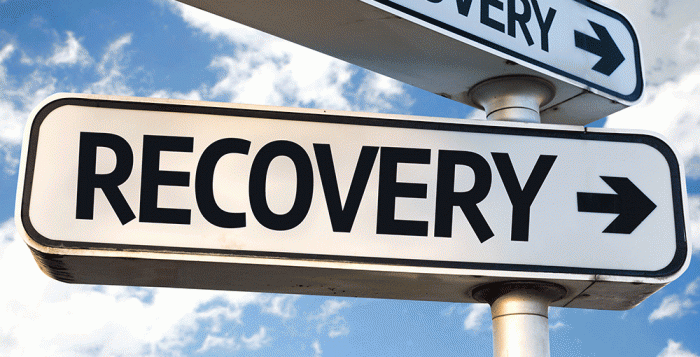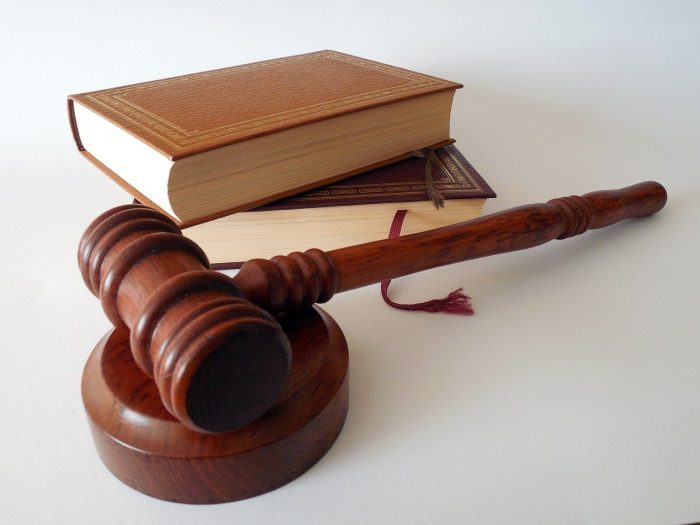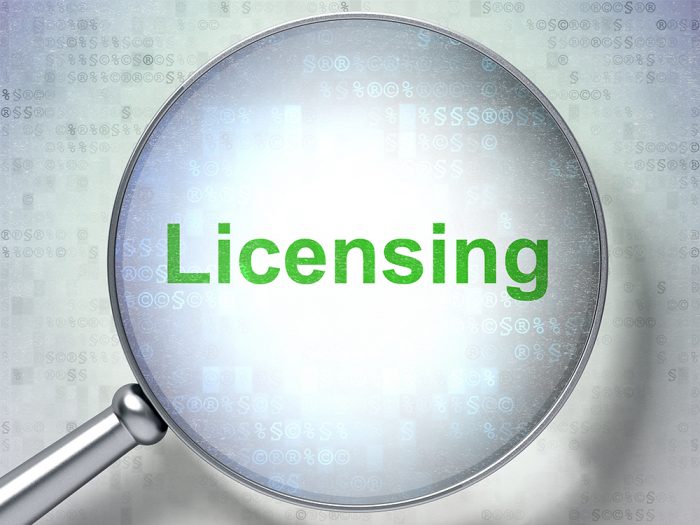The Department of Drug and Alcohol Programs (DDAP) today announced an investment of more than $2 million in grant funding for five Pennsylvania organizations to help improve Pennsylvanians’ access to substance use disorder (SUD) recovery houses that are licensed through DDAP.
Funding for these grants is provided from the more than $1 billion in funding Pennsylvania continues to receive from a large national opioid settlement with three distributors and one manufacturer.
DDAP is awarding five grants of up to $500,000 each to the following community-based organizations:
- The Bridge Foundation: Philadelphia
- The Worx!: Allegheny County
- Sage’s Army: Allegheny, Westmorland, Fayette, and Washington counties
- Westmoreland Community Action: Westmoreland, Fayette, Washington, Somerset, Bedford, Blair, Cambria, Greene, Lawrence, Butler, Armstrong, Indiana, Clearfield, Jefferson, Clarion, Mercer, Venango, Forest, Elk, McKean, and Crawford counties
- Life Changing Pathways: Adams and York counties
The organizations are charged with leading initiatives to link individuals with opioid use disorder and any co-occurring SUD or mental health condition to DDAP-licensed recovery houses. They must also ensure these individuals have access to case management and peer support services while residing in a recovery house as well as access to financial assistance for those who are not able to pay the full cost of residing in a recovery house. In addition, all five grantees must have a plan to increase services to underserved populations and have a training plan to ensure staff are well-prepared to serve them.
Currently, there are about 400 DDAP-licensed recovery houses across the commonwealth. The purpose of the licensure program is to help empower sustained recovery for individuals with SUD by ensuring a network of safe drug and alcohol recovery houses. Individuals can find a listing of licensed recovery houses on DDAP’s website.














